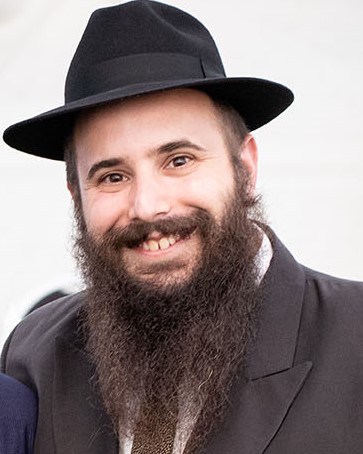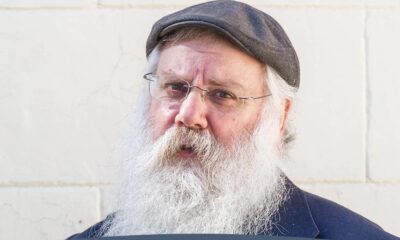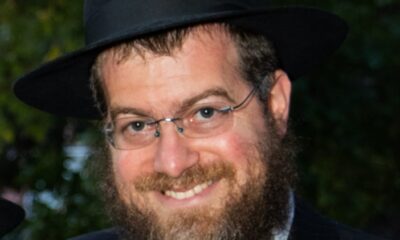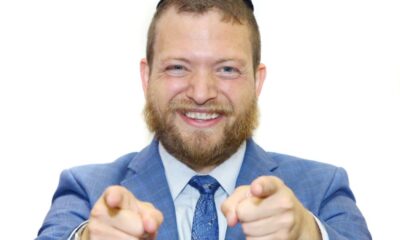
Religion

Darkness and blindness
In this week’s parshah, Bo, we read of the plague of darkness, the ninth plague to strike the ancient Egyptians. The rich description in the Torah makes the darkness feel almost tangible.
“A man couldn’t see his fellow, and was not able to rise from his place for three days.” The plague lasted for six days. During the first three, “a man could not see his fellow”, during the last three, one who was “sitting was unable to stand, and one who was standing was unable to sit”. The darkness was so thick, it weighed down the Egyptians and even prevented them from moving. That’s even worse than load shedding!
The Torah isn’t a poetry book, but a book of teaching. What’s the purpose of informing us that “a man couldn’t see his fellow”?
In the early twentieth century, many Russian Jews escaped the pogroms to seek their fortunes on the shores of America. Often, one or two members of a family would arrive to be followed later by the rest of the family when finances permitted.
Berel was one such greenhorn, arriving almost penniless in Ellis Island. His business enterprises were blessed with success, and he became very wealthy. Several years later, his brother, Yankel, arrived in America, and found his way to the successful brother’s house. Berel had already managed to buy himself a veritable mansion serviced by a vast staff. When Yankel presented himself at Berel’s house, the doorman told him to wait, and soon returned with a message that Berel – now Bobby – had told him that the “stranger” shouldn’t be admitted as he had no brother.
Yankel was astounded, but in spite of sending several signals to his brother, he was rebuffed again. He soon realised that the successful Bobby had no wish to be reminded of his poorer relations.
As Yankel turned to leave, he asked the doorman to impart one last message to his brother. “Please tell him that I advise him to make a will immediately because he doesn’t have much time left to live,” Yankel said.
Alarmed, Berel soon appeared at the door. “How dare you say such a thing?” he thundered. “I could have you arrested.”
“It’s quite simple,” Yankel replied. “When I was growing up, I took an interest in the work of the village doctor and often accompanied him on his rounds. Unfortunately, I was often with him as people were in their last moments. From my experience, I learned that when a patient could no longer ‘recognise’ his own brother, their situation was extremely serious, and they had little time left to live.”
There’s no greater darkness than one in which “a man cannot see his fellow” – in which a person becomes oblivious to the needs of their fellow. When that happens, a person becomes hindered in their own personal development. They become unable to “rise from his place”. It’s a powerful lesson we can all take to heart.










